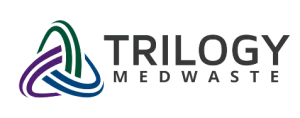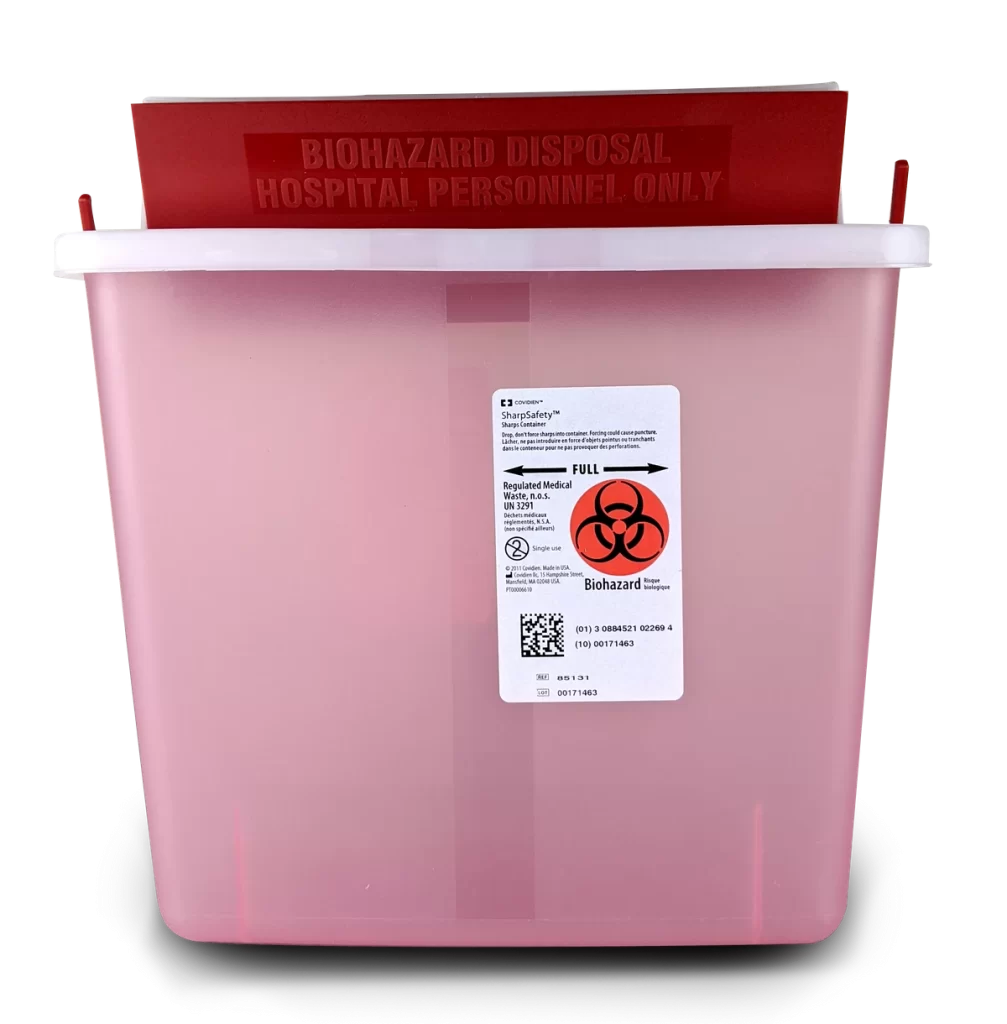Medical sharps, such as needles and syringes, are commonly found in homes when individuals are managing various health conditions. For example, individuals with diabetes may use sharps for insulin injections and blood sugar testing, while others may require them for administering medications like blood thinners or managing chronic pain. Medical conditions requiring regular treatment, such as allergies or infertility, may also necessitate the use of sharps. Additionally, home healthcare services and pet care may involve the use of needles for wound care or administering medications to pets.
The FDA’s list of sSharps that might commonly be found in the home include:
- Needles: Hollow implements utilized for injecting drugs (medication) beneath the skin.
- Syringes: Devices employed to administer medication into the body or withdraw fluid from it.
- Lancets, also known as “fingerstick” devices: Tools equipped with a short, double-edged blade utilized to obtain small drops of blood for testing purposes. Lancets are commonly used in diabetes treatment.
- Auto Injectors, including epinephrine and insulin pens. These are prefilled syringes containing liquid medication intended for self-administration into the body.
- Infusion sets: Tubing systems equipped with a needle utilized for delivering drugs into the body.
- Connection needles/sets: Needles designed to link with a tube for transferring fluids to and from the body, typically utilized for patients undergoing home hemodialysis.
Having sharps at home facilitates ongoing treatment outside of clinical settings, but proper sharps containment and disposal is essential to prevent injury and contamination. Proper disposal of medical tools like needles, syringes, and lancets is essential to prevent the spread of harmful bloodborne diseases such as hepatitis B virus (HBV), hepatitis C virus (HCV), and human immunodeficiency virus (HIV). Correct disposal methods also help prevent these sharps from entering the environment, where they could contaminate soil, water, and wildlife. The following article instructs at-home users how to properly dispose of medical sharps.
Sharps Containment Best Practices
The safest way for individuals to contain sharps used at home is to place them in aan FDA-cleared sharps containers. Sharps containers that are approved by the FDA are typically accessible at pharmacies, medical supply stores, healthcare facilities, and online. For example, you can select a wide range of FDA-approved mailback sharps disposal containers at Trilogy Medwaste’s online store. These containers are crafted from durable plastic that resists punctures and leaks, featuring secure lids to prevent accidental openings.
Sharps Disposal Best Practices
It’s always best to check with your local health care provider, health care facility, pharmacy, or public health department about guidelines for disposing of used medical sharps, because the disposal requirements will vary from place to place. For example, in New York State, all hospitals and nursing homes are required by law to accept home-generated sharps free of charge. States with similar sharps-acceptance programs include California, Connecticut, Massachusetts, New Jersey, Pennsylvania, and Rhode Island.
Even if you do not reside in one of the states listed above, you will likely have many options for the safe and proper disposal of medical sharps. Check with your local health care department to see whether sharps drop-off locations are available. These can often be found at pharmacies, hospitals, clinics, or local government offices. Some communities also organize periodic collection events or have mail-back programs where individuals can request prepaid mail-back containers for sharps disposal.
For the ultimate in safety and convenience, select an FDA-approved sharps disposal mail back container from Trilogy Medwaste’s online store. Simply fill your container with sealed sharps containers; when ready for disposal, use the prepaid UPS return box to ship back for environmentally safe disposal.




